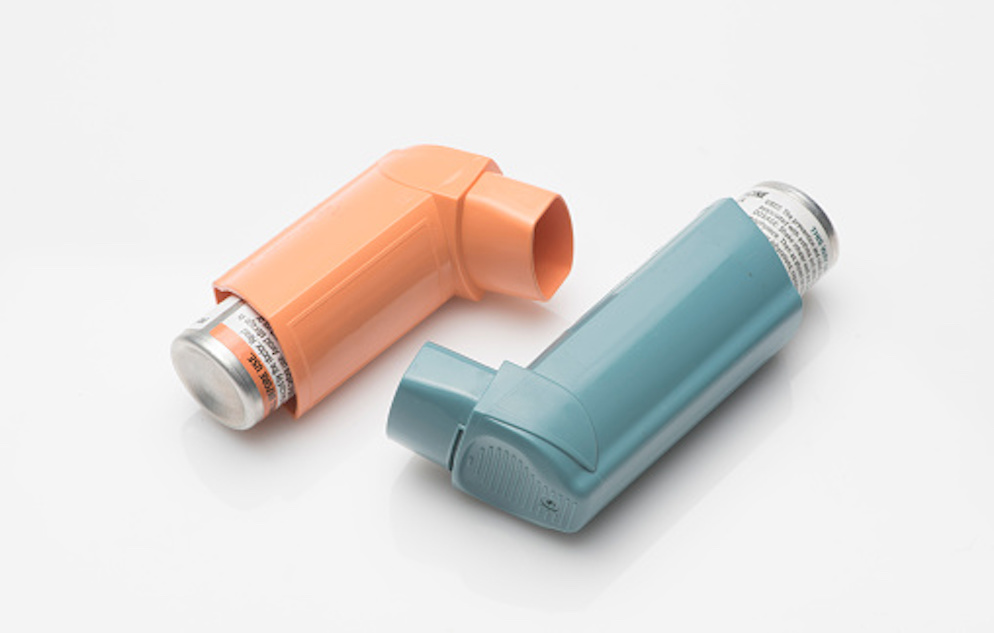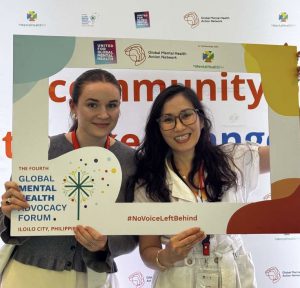Dr. Mary Schooling, Professor at the CUNY Graduate School of Public Health and Health Policy, and colleagues examined parental migrant status and childhood hospitalizations for asthma and other wheezing disorders. The findings were published in the journal Clinical and Experimental Allergy.
In developed Western settings, asthma is more prevalent among second-generation migrants, as compared to first-generation migrants. However in these studies migrants are of various ethnicities and countries of origin, making interpretation difficult. In this study, the children were born in Hong Kong and the migrant parents are of the same ethnicity from mainland China.
Data are from a population-representative birth cohort of 8327 Chinese children in Hong Kong. The research team used Cox regression to examine the adjusted associations of parental migrant status with time to first public hospital admission for asthma, bronchitis and bronchiolitis. Children ranged between the ages of 9 days and 12 years.
Having both parents as migrants was associated with higher risk of hospitalization for asthma and other wheezing disorders, compared to both parents being Hong Kong born, adjusted for type of hospital at birth, parental history of allergies, mother’s age at birth, father’s age at birth and highest parental education.
The research team concluded that in the unique, non-Western context of Hong Kong, second-generation migrants had higher risk of hospitalization for childhood wheezing disorders compared to the native population, particularly before 6 years of age.
J. Y. Y. Leung, G. M. Leung and C. M. Schooling, Clinical & Experimental Allergy, 2017 (47) 675–683.





